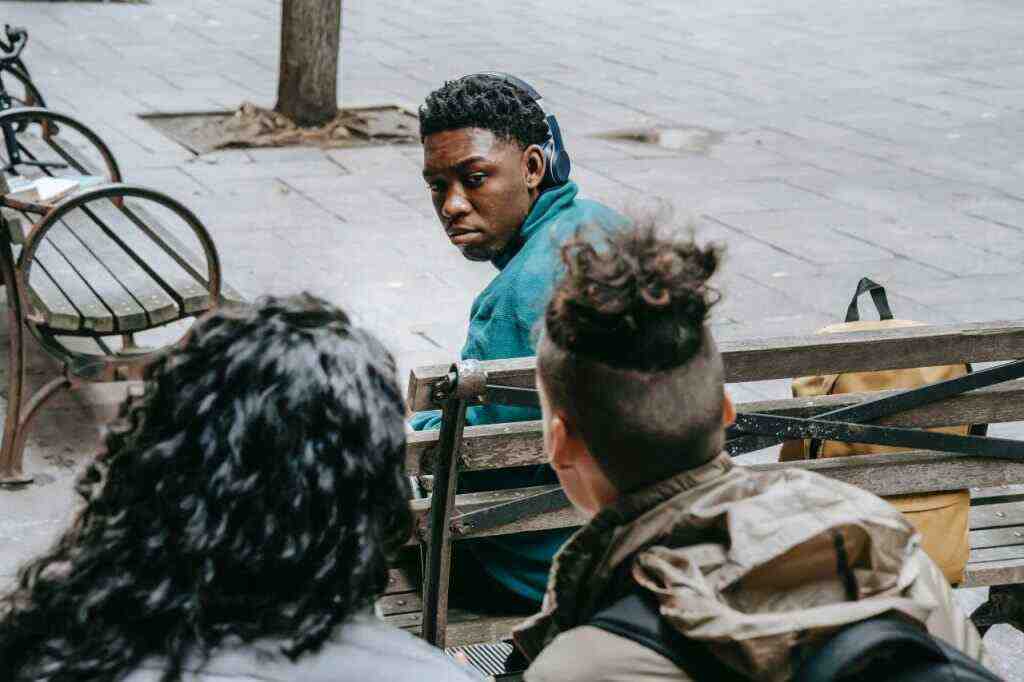College Sports: Amidst Turmoil, Private Equity Emerges as a Potential Catalyst for Change
Uncertain Future: Sweeping Changes Loom Large in College Athletics
The landscape of college sports is experiencing a period of unprecedented upheaval, with a multitude of factors converging to create an uncertain future. Legal battles over athlete compensation, labor disputes involving coaches and administrators, congressional hearings scrutinizing the NCAA’s governance, and NCAA reforms aimed at addressing these issues are just a few of the challenges confronting the industry. Amidst this turmoil, a new player has emerged as a potential force for change – private equity.
Private Equity’s Interest: A Lucrative Opportunity in a Troubled Market
Private equity firms, known for their investments in various industries, are showing increasing interest in the college sports market. They see it as an untapped opportunity, with the potential for significant financial returns. The inefficiencies, cost structures, and untapped revenue streams of college athletics present attractive prospects for private equity investors. With their experience in restructuring businesses, private equity firms believe they can bring about much-needed changes to the industry, while also generating substantial profits.
Think Tank Initiative: Exploring New Solutions for College Sports
In response to the challenges facing college sports, a group of industry leaders, including university administrators, former athletes, and business executives, have come together to form a “Think Tank.” This initiative aims to develop solutions that address the systemic issues plaguing college athletics, while preserving the core values of the collegiate model. The Think Tank’s goal is to create a more sustainable and equitable system that benefits all stakeholders, including student-athletes, universities, and fans.
Centralized Football Scheduling and Commercial Rights: A Proposal for Restructuring
One of the key proposals put forth by the Think Tank involves centralizing football scheduling and commercial rights. This would allow for more efficient and equitable revenue distribution, as well as providing greater bargaining power for student-athletes. It would also alleviate the geographic inefficiencies of the current conference structure, reducing travel costs and improving the academic experience for student-athletes. By pooling resources and negotiating collectively, the Think Tank believes that student-athletes can secure better compensation, healthcare, and educational opportunities.
Challenges and Headwinds: Obstacles to Change in College Athletics
Despite the potential benefits of private equity involvement and the Think Tank’s proposals, significant challenges remain. The NCAA’s complex governance structure, the need for congressional support, and the inherent complexities of balancing athletic and academic pursuits present formidable hurdles to any comprehensive reform. The NCAA’s autonomy has been fiercely defended by its member institutions, and any attempt to cede control to outside entities, such as private equity firms, is likely to face strong resistance. Additionally, the NCAA’s amateurism rules, which prohibit student-athletes from receiving direct compensation, are deeply ingrained in the fabric of college sports and would be difficult to change without significant legal and cultural shifts.
Conclusion: A Critical Juncture for College Sports
College sports stand at a crossroads, facing a multitude of challenges and uncertainties. The involvement of private equity and the proposals put forth by the Think Tank represent potential avenues for addressing these issues. However, the path forward is fraught with obstacles, and the ultimate outcome remains unclear. The next six months will be crucial in determining the future direction of college athletics, as various stakeholders engage in discussions and negotiations to shape the landscape of this troubled industry.
The future of college sports is uncertain, but one thing is for sure: change is coming. Whether it will be for better or worse remains to be seen.
